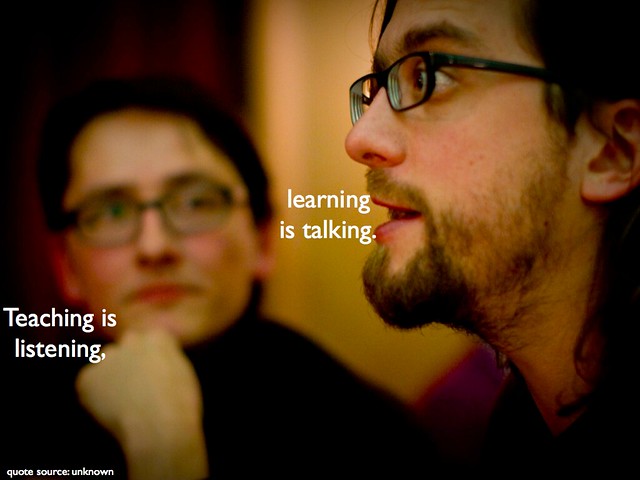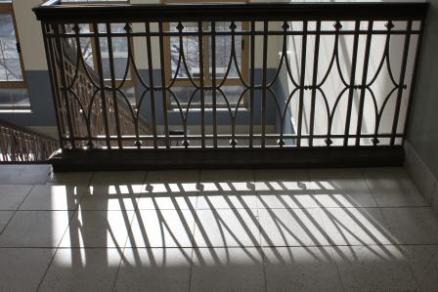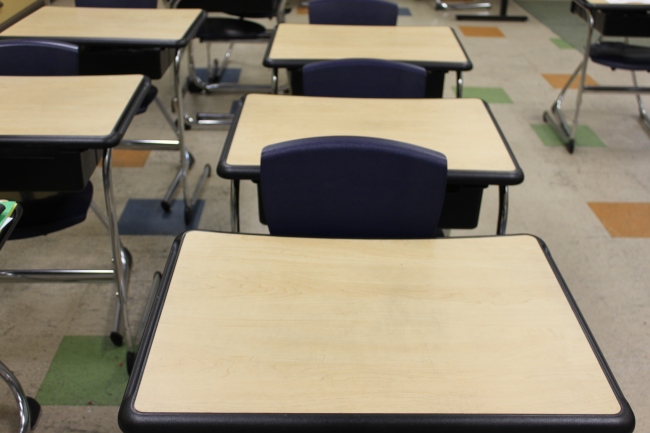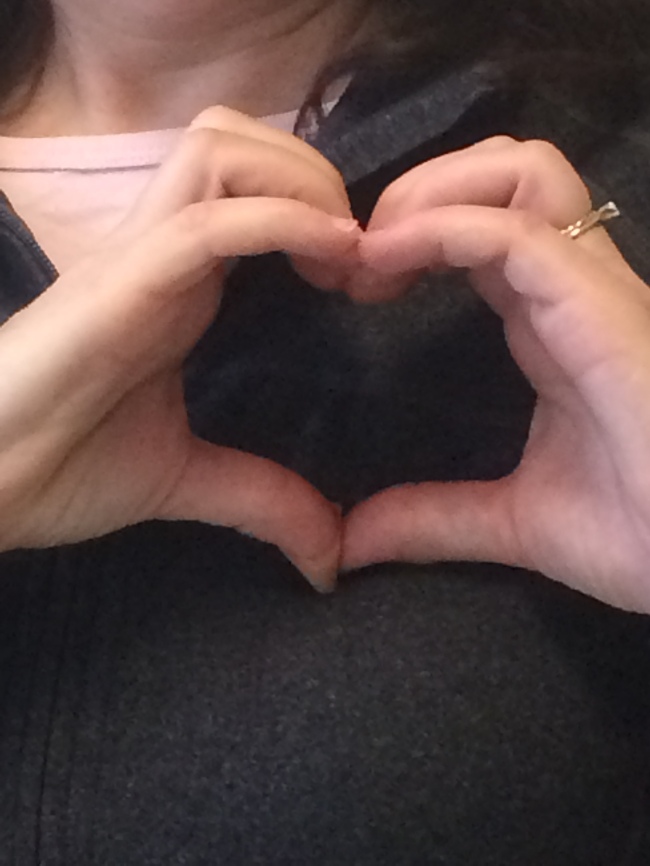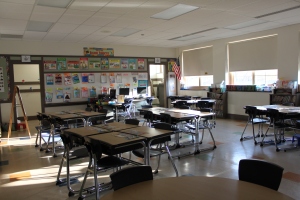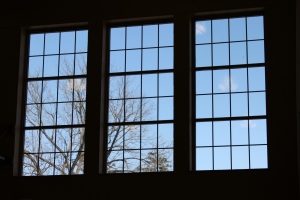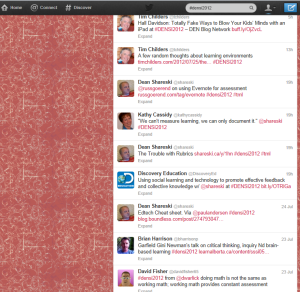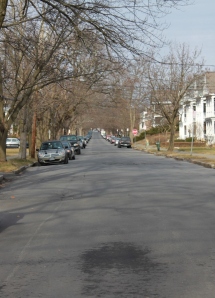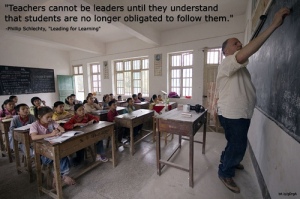A number of years ago, open education was a term I found interesting but I did not see how I could apply it in my present position. Fast forward, now I am at a different place and have a different view. I see it as the path education must take for the good of society. My early perspective focused on what was in it for me? Why would I want to share my work? I never saw the big picture, I did not take into account the student’s perspective or the perspective of others where the opportunity to learn is a struggle. I decided to enroll in the EdX course, Introduction to Open Education. My biggest take-away from week two was understanding the historical sense of open education.
Intellectual Property
If an individual created some tangible form, whether it is a doodle on a napkin or a few notes into a recorder, that individual had to protect their right to own that creation. Historically, the individual would have to register that creation for copyright protection. Why is protecting intellectual property important and what does it do? Copyright acknowledges the individual who originated the creation and by law gave jurisdiction of it’s use. It allowed the originator of the creative work an incentive of a limited period of time for commercialization.
Copyright
What has changed? In 2001, an American non-profit organization called Creative Commons 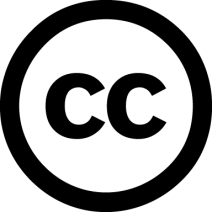 was formed committed to making available the creative works for others to build upon legally and to share. Several copy-right licenses known as creative commons licenses are free of charge to the public. These licenses allow creators to communicate which rights they reserve, and which rights they waive for other creators. It is important to understand Creative Commons licenses do not replace copyright, but they are built upon them. If there is no copyright then there can be no Creative Commons license.
was formed committed to making available the creative works for others to build upon legally and to share. Several copy-right licenses known as creative commons licenses are free of charge to the public. These licenses allow creators to communicate which rights they reserve, and which rights they waive for other creators. It is important to understand Creative Commons licenses do not replace copyright, but they are built upon them. If there is no copyright then there can be no Creative Commons license.
Creative Commons Licenses Impact
These licenses make it easier for people to share their work. The licenses are now the mechanism to express in legal terms that the copyright holder (creator) hereby grants permission to the user to copy, distribute, edit, remix, and build upon their creative work. As a result, these licenses make it easier to share and they lower costs associated with copyright responsibility and control, making it more profitable for the copyright owners and the individual seeking use of the work.
Public Domain
Works that are in the public domain are those works whose exclusive intellectual property rights have expired or were created before copyrights existed. Therefore, it is available for the public use. There are also works not covered by copyrights such as formulas or recipes.
Three Components of a Functioning Commons
- It works because copyright exists. It is built off copyright.
- The user must credit the creator of the work and keep the copyright notices or permissions intact on all copies of the work. They have to link to the license copy of the work.
- It relies on engagement to enforce the norms of the community.
Image Credits
Creative Commons icon -AJC1 https://flic.kr/p/48fKeV

